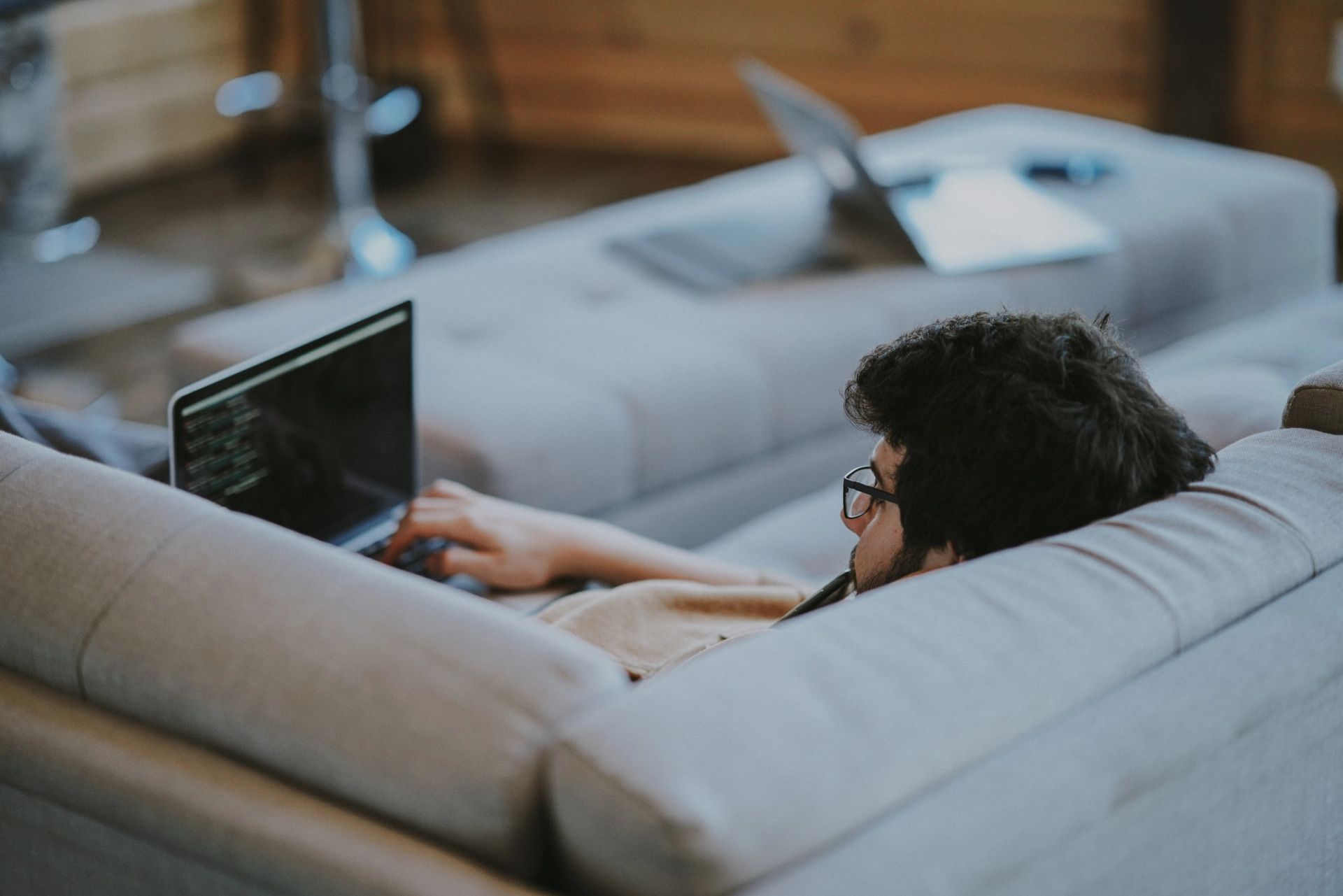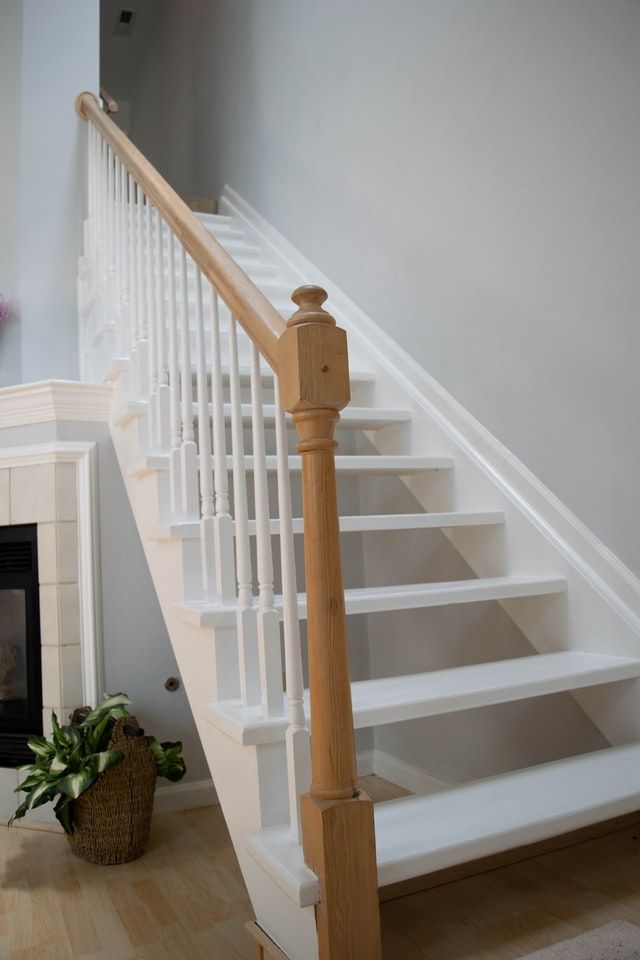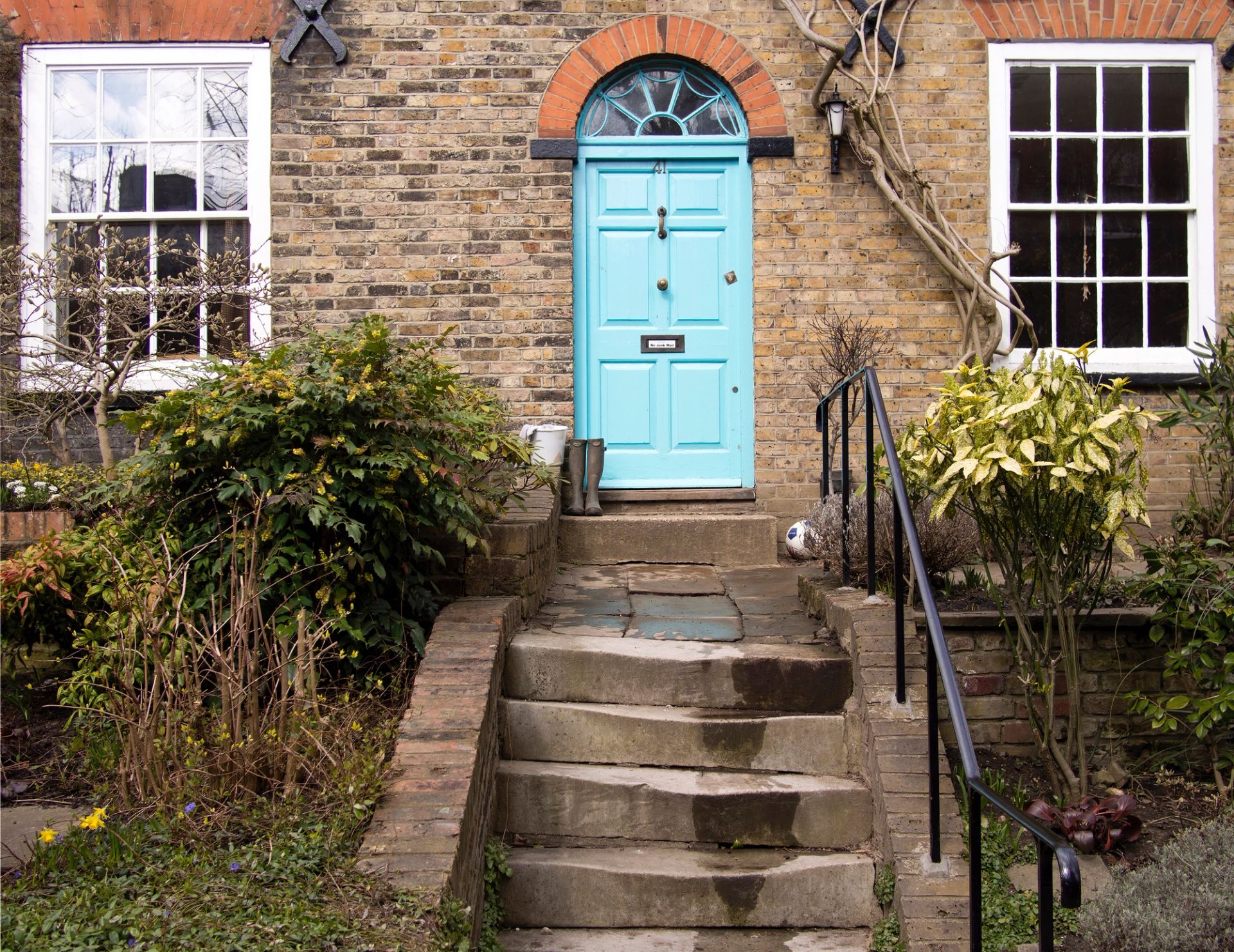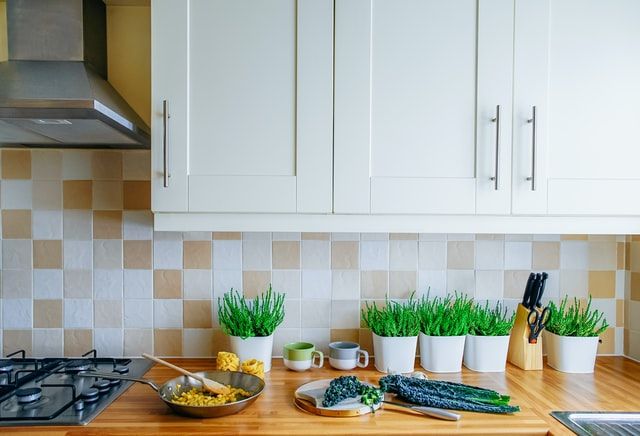Buying a Home
Top Questions to Ask at a House Viewing: Buyer’s Guide
Last Updated
Fri, 1 Aug 2025
Find out the essential questions to ask at a house viewing to make an informed decision. From property condition to local area insights, get tips for your next visit.
It can be an exciting step on the way to becoming a homeowner. It may also be an important one, especially if the house eventually becomes your home.
Knowing what questions to ask could help you to save your time, money and effort, as you decide which home is worth pursuing. But first things first, it’s worth preparing for a viewing before you actually go on it.
How should I prepare for a viewing?
Viewing properties can take a lot of time. So, it's worth doing your homework before starting the process, particularly if you're looking to buy for the first time.
Plan ahead
It's common to line up a number of properties to view over the course of a day or two. You might've found several options that you're interested in, and seeing each of them in-person may help you to better compare them.
If this applies to you, then you'll probably need to plan your day around each viewings. It's worth knowing things like:
- where each property is
- what time your appointments are
- how long it takes to get to the area and between each property
Even with a single viewing, it's still worth making sure you know where it is and planning your route in advance. You don't want to leave this until the last minute, if you don't have to.

Research the local area
Knowing about the local area is in your interest, especially if you end up living there!
While you'll probably know the asking price for the property you're interested in, it can help to know the asking prices for other properties in the nearby area. Similarly, you may also want to look into what properties like the one you're seeing have sold for in the past. Most of the property portals (like Rightmove and Zoopla) should show you past sale prices. Knowing more about prices in the local area could help further down the line, particularly if you decide to make an offer.
It can also be handy to find out where the property is in relation to transport links or local amenities. Similarly, you may also want to look in to what council tax band the property is in, to help with any budgeting. To go one further, you could even look into whether there are any development plans that could affect the property, or local area, in the future. A quick search of the area name or of the street address on the local planning website may be time well spent.
Finding this information out for yourself could help, as you don't know whether you're getting the full story from the agent or the seller. After all, they'll want to sell the property for the asking price for one reason or another.
You can always go beyond online research by actually visiting the area in advance of the viewing a property. This can give you first-hand information on the area such as:
- what the immediate area around the property is like
- what's the area like during rush hour? (how much traffic is there at different times of day)
- finding out whether there's any noise pollution or odd smells in the area
- speaking to locals or neighbours to understand more about the location
While you may want to save this for any properties you're seriously interested in, or viewing for a second time, it could be a useful exercise to understand more about certain areas. This may help you to narrow down your search even further, saving you time in the long run.
What to take with you
While it's important to take in the property and experience what it's like to be there, it can help to capture as much information as possible to review later on. You'll only be there for a short amount of time, relatively speaking, so doing this could help you review your options.
Some useful things to have with you could include:
- Something to take notes on (e.g. a notepad and pen or a smartphone/tablet)
- A device you can use to take photos of the property with (ask permission on the day)
- A tape measure, particularly if you want to check any dimensions (e.g. to see if your sofa will fit!)
- Your partner, a family member or a friend (a second opinion from someone you trust can be helpful)
First impressions count, but looking back at any photos and notes, or chatting to whoever went with you, can also help. Particularly when it comes to comparing your options or when deciding on what to do next.

What should I look for when viewing a house?
So, the day has arrived to view the property, or properties, that you're interested in. Hopefully, you're feeling prepared and ready to go house hunting!
Before you get going, do a quick check of what the traffic is like along your route. You don't want to be late, as it's important to make a good impression when meeting the estate agent involved in the property's sale. They could be influential on which sellers are prioritised if there are multiple bids of a similar value, and you don't want to be at the bottom of it!
If, for any reason, you do think you will run late, call the agent with as much notice as possible to offer an apology and an explanation. It'll help show to them that you're interested and keen to make the appointment
Assuming nothing stands in your way between you and your appointment, you're good to go.
Starting from the outside
It's common to meet the agent outside the property first, which gives you a chance to introduce yourself to them, but also, to get a good look at the property from the outside.
If you haven't been to the property or area before, it gives you chance to take notice of some important things:
- Are the property's exterior walls in good condition?
- What does it look on to?
- What's the road like that the property is on?
- What are the neighbouring properties like? And how close are they?
- If it has a garden, what condition is it in?
- Does the roof look to be in good condition?
- Where would park your car (i.e. is there a garage or driveway)?
- If there are communal or shared areas with other homes, what condition are these in?
For any questions you have, make sure to ask the agent. If they don't know, then they can always follow up with the answer later on. Questions are a very normal part of this process, so don't worry about quizzing the agent on the things that matter to you.
Make sure you have a good look around and take you time. If it comes to making an offer later on, it's important that you feel confident in as many aspects of the home as you can.
Once you're ready to, head on inside.

Viewing the inside
Time to get a feel for the place! Everyone is different, so how you explore it is entirely up to you.
It can be nice to just take the time to just have a wander through, on your own, before looking at the finer details. Move from room to room, in whatever order feels comfortable to you. Just ask the agent first if the seller is comfortable with you doing this.
If this doesn't sound like your style, you may find the agent will take you on a guided tour. They'll show you each of the rooms and they may comment on certain features of the property as you go. For some, this can be helpful, for others it can be distracting!
Regardless of how you do it, this first walk through can be important, particularly as so much of our lives rotates around where we live. So, first impressions on whether you could change this house to a home that'll suit your needs can be crucial.
Looking at the details
Once you've taken it all in, you may then want to spend more time in each part of the house. This'll give you a chance to think about whether this property is really the one you want to buy.
Again, taking your time here is really important. Some things you might want to check on makes notes of are:
- what condition are the walls, ceilings and flooring in throughout each room?
- is there enough storage?
- do any light switches and taps work? (It's worth asking the agent if you can quickly check these as you go)
- can you see any signs of damp, condensation or mould?
- are any of the rooms overlooked by other properties?
- what condition are the windows and frames in?
- do any appliances, that might be included in the sale, look to be in good condition?
- how many bathrooms does the property have? And how well spread out are they around the home?
- are there any outside noises or smells noticeable from any of the rooms?
- is there a loft or cellar? What condition are they in?
- what's the mobile signal and broadband signal like in the different parts of the property?
- how is the house and each room heated?
- if you work from home regularly, is there suitable space to use as a home office?
- are there working fire and alarm systems installed?
- how much natural light does each room get?
Focus on how it might work for you
If the interior has the current owners' belongings in, it can be hard to see past how they've furnished it. Try to imagine it without their items in there, and instead, what it'd be like empty, or with your own belongings in there. Once you're in, you'll have the ability to decorate and reorganise the home as you see fit!
Questions to ask
Showing interest and have pre-prepared questions to ask when viewing a house is perfectly normal. You may think of questions as you go, but here are some ideas to get your started:
- why is the current owner is looking to sell the property? (this could give you some valuable information on how to approach an offer, for example, they could be looking to sell quickly and may take below the asking price)
- how long have the sellers owned or lived in the property for? (long or short ownership periods can sometimes reveal more information about the seller's position)
- is the current owner part of an onward chain? (i.e. are they looking to buy once they've sold this home. If so, this could mean they need to find somewhere to buy before you could complete the purchase)
- how long has the property has been on the market for? (again this could reveal how you approach negotiations on the purchase price)
- whether there are any serious problems with the property? (the agent is legally obliged to tell you if there are)
- if there have been any other viewings or offers from potential buyers? (be aware, the estate agent benefits from a quick sale, so don't feel panicked if they say there's been lots of interest, it may be a sales tactic)
- whether they know what price the seller might accept (they don't have to reveal anything here, but the agent might give away some information that could help)
If you're looking at a flat, there are some additional questions you may want to ask the agent:
- Is the property leasehold or share of freehold?
- If leasehold, how long is left on the current lease for the flat?
- who are the managing agents for the development?
- who is the freeholder?
- are there any ground rent and service charge costs? If so, how much are they each year?
- are there any major works planned to the development in the near future?
- how many other owner-occupiers are there in the development?
Remember! Take plenty of notes when you're viewing a property. These may come in handy for creating a house checklist when buying, or for when you're considering your options.
Finishing up your viewing
Once you feel you've seen all you need to see and had chance to ask your questions, it'll be time to set off. The estate agent can play an important role when it comes to buying the house, so, ending the appointment on a good note could pay off if you're seriously interested in it
Thanking them for their time, giving them some feedback on the property and letting them know if you'll be in touch are good ways to end the viewing. If you don't think it's one you'll be interested in, let them know, it's okay to be honest at this point.

What shouldn't you say when viewing a house?
It's natural to worry about saying the wrong thing on a house viewing. When you find the right kind of house for sale, you can end up putting more pressure on yourself to make all the right moves.
But not to worry, we've come up with some handy tips on what not to say, so that you can feel confident when you go on any house viewing:
Don't be too expressive
If the estate agent is showing you around, then it can be important to remain cool, calm and collected as you see the house. While viewings can be exciting, try not to say anything that could suggest you're very interested in the property or captivated by the prospect of living there. Doing this could make any negotiations on the price that bit harder, especially if the agent passes on details that means the seller knows (or thinks) you're desperate to buy the place.
Avoid negotiating with the agent
This may not come as a surprise, but a viewing isn't really the time or place to negotiate on a purchase price. While the agent may give some helpful hints as to what price range the seller might accept, this isn't the time to get an offer in. Hopefully this takes some of the pressure away, as you can collect your thoughts and go back to the agent after the viewing with an offer, if you're interested.
Don't critique it
While it's important to take notice of anything that might be wrong with the property, you should avoid making too much of anything you don't like the look of to the estate agent. It could seem like a good idea if you want to negotiate down the price later on, but agents probably won't see it this way. Instead, it might come across as though you're not interested at all! Instead, keep these points in your notes and use them later when you're deciding if the home is worth pursuing.
Don't be too open about your own position
It can be important to build a positive relationship with whoever is showing you around. However, try to avoid giving any important information away about your buying position. For example, too much information about your financials or any dependencies you have before making an offer might make things harder when it comes to negotiating on a price.
Wrapping up
Hopefully you've now got some ideas on how to approach the questions to ask when viewing a house. It can be worth creating your very own list of questions to ask when viewing homes. We're all looking for something different, so you'll know better than anyone else what's important to you! Use our list as a starting point and build your own as you go.
Searching with Wayhome
If you're new to us, Wayhome is the Gradual Homeownership option that helps aspiring homeowners take their first steps towards ownership, without a mortgage. A simple, yet revolutionary idea: if you can afford to rent, you can afford to gradually buy. Start with as little as a 5% deposit, and rent the part of the home that you don’t own. Buy more as and when you can afford to do so.
We've not launched yet, but there's still plenty you can do before you see homes up close. Sign up to our website to look at the kind of properties we could help you to buy and find out if we might be a homeownership option for you (our FAQs are a great place to start!).
Wondering what questions to ask when buying a house? See our buying a house checklist.